Melissa Stamm
-

Three new genetic links to colorectal cancer revealed
Vanderbilt-Ingram Cancer Center investigators have identified three new genetic “hotspots” linked to colorectal cancer. Read MoreJan 10, 2013
-

Low prenatal alcohol’s brain impact
Even relatively low levels of in utero alcohol exposure impact fetal brain development, and the effects last into adulthood, study finds. Read MoreDec 21, 2012
-
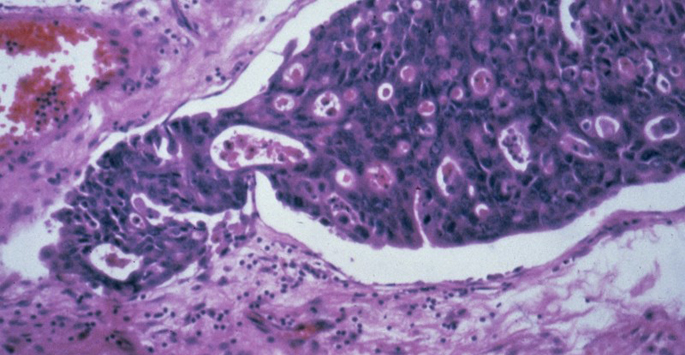
Cancer markers from archived tissue
Archived tissue samples are yielding new disease biomarkers. Read MoreDec 20, 2012
-
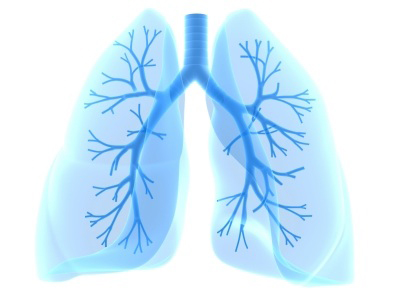
Genetic clues to lung scarring
A rare genetic syndrome provides new clues to lung scarring (pulmonary fibrosis), a potentially deadly consequence of many lung diseases. Read MoreDec 10, 2012
-

Breast milk blocks virus binding
Components of human breast milk help ward off viral infection, a new study shows. Read MoreDec 7, 2012
-

Carcinogenic chemicals cramp DNA
Researchers have determined how a DNA lesion caused by exposure to chemicals may spark cancer formation. Read MoreNov 21, 2012
-
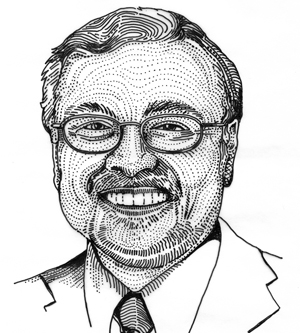
Noted neuroscientist Sur set to deliver Discovery Lecture
Mriganka Sur, Ph.D., will deliver the next Flexner Discovery Lecture on Thursday, Nov. 29. Read MoreNov 15, 2012
-

Bacterial signals in sarcoidosis
Study adds evidence for infectious agents’ role in sarcoidosis, an inflammatory condition that can lead to respiratory failure and death. Read MoreNov 6, 2012
-

Toxin provides endometriosis clues
Environmental toxins may contribute to endometriosis-related infertility by disrupting endometrial response to progesterone. Read MoreNov 2, 2012
-
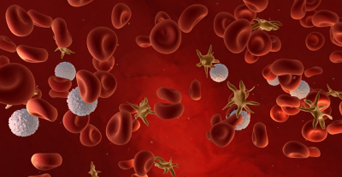
Bid protein guards blood cells against stress
A protein normally known to promote cell death found to encourage survival of blood forming cells. Read MoreOct 25, 2012
-
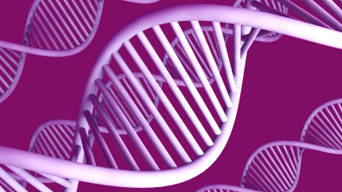
More gene links to breast cancer risk
Two newly identified gene variants linked to breast cancer may aid in predicting disease risk and targeting screening and prevention strategies. Read MoreOct 19, 2012
-

Complementary and alternative medicine use differs by race, economics
Use of complementary and alternative medicine differs by race and socioeconomic factors, study reports. Read MoreOct 9, 2012
-
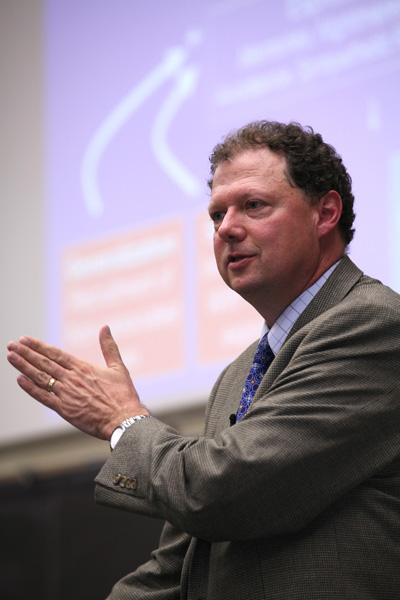
Forgetting fear key to aiding trauma survivors: Lecturer
If two people experience the same traumatic situation, like an armed bank robbery, for example, they will both likely have an acute fear response: increased heart rate, chills, hot flashes, nausea, abdominal stress, shortness of breath, chest discomfort, sweating and light headedness. Read MoreOct 4, 2012
-

An orphan enzyme’s purpose
“Orphan” enzyme may play role in cancer growth, new research suggests. Read MoreOct 4, 2012
-
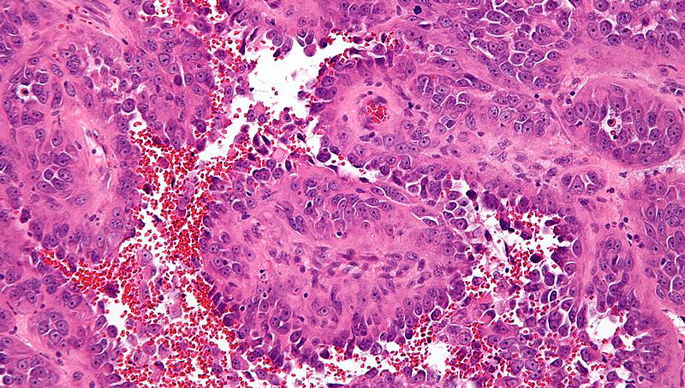
Target acquired for aggressive tumor
New therapeutic target for angiosarcoma – an aggressive, highly fatal tumor of the blood vessels – identified. Read MoreSep 27, 2012
-
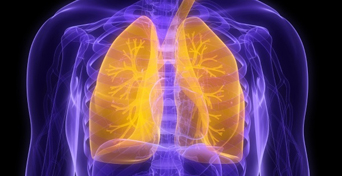
HER2 may impact lung cancer therapy
A protein associated with aggressive breast cancers may also influence resistance of lung cancer to targeted therapies. Read MoreSep 21, 2012
-
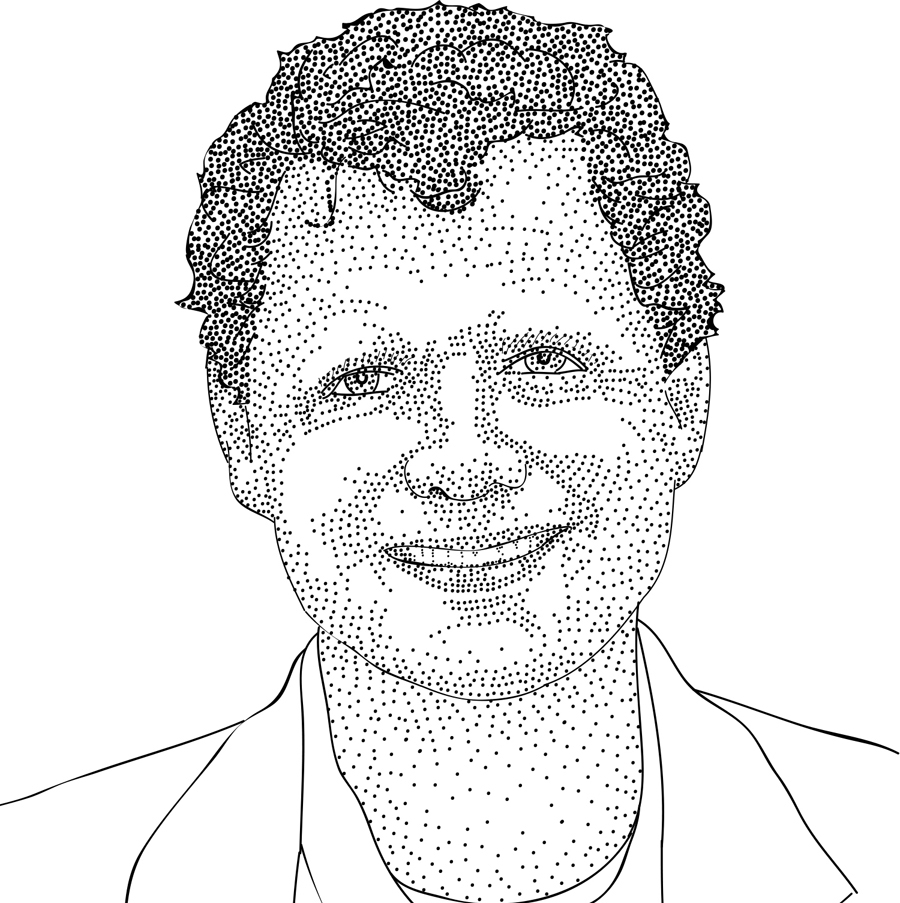
Discovery Lecture set to focus on mechanisms of fear
Psychiatrist and fear researcher Kerry Ressler, M.D., Ph.D., will deliver the next Flexner Discovery Lecture on Thursday, Sept. 27. Read MoreSep 20, 2012
-
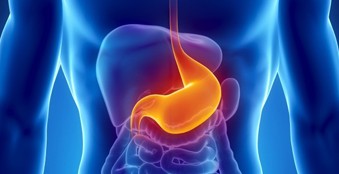
Enzyme counters stomach acid attack
Dysfunction or loss of an “antioxidant” enzyme may lead to higher risk for esophageal cancer in patients with gastric reflux disease. Read MoreSep 11, 2012
-

Parkinson’s therapy may impact language
Deep brain stimulation used to treat Parkinson’s disease may impair some aspects of language processing, a recent study suggests. Read MoreSep 7, 2012
-

Tool helps plumb electronic records
A tool developed for one institution’s electronic health records can work at other institutions, potentially facilitating the use of these records in research studies. Read MoreAug 24, 2012